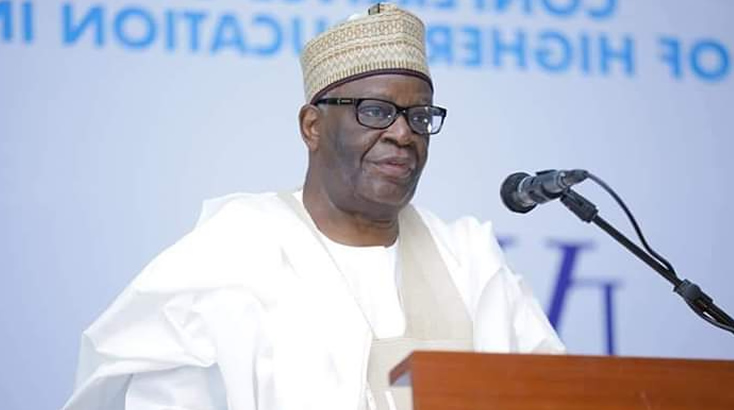Gambari Alleges Buhari’s Cabinet Cabal Bypassed Protocols to Exploit His Weakness With Beneficial Memos

Professor Ibrahim Gambari, former Chief of Staff to late President Muhammadu Buhari, has disclosed that members of the president’s inner circle frequently circumvented formal protocols to secretly deliver memos to the president, exploiting his perceived “weak points.”
Speaking on Channels Television’s Inside Sources on Friday, Gambari revealed that although Buhari had publicly directed that all official correspondences must pass through his Chief of Staff, some aides and ministers consistently found informal channels to reach him.
“When I came as Chief of Staff to the President, he made a statement publicly. He said all memos must go through the Chief of Staff before coming to him,” Gambari said. “Even the Vice President, to his credit, always passed his memos through me — and several ministers too — but our people still got their memos to him from behind because they knew his weak point and who to use. And he never stopped them.”
Gambari, who served in the role from May 2020 until the end of Buhari’s administration in May 2023, added that while the move undermined protocol, many of the memos eventually made their way back to him. “The advantage I had was that the memos came back to me,” he noted.
The veteran diplomat also addressed longstanding public speculation about the existence of a powerful “cabal” within the Buhari presidency.
“They say there was a cabal — there was,” Gambari confirmed. “Every government has a cabal. They may call them a kitchen cabinet; they may call them a think tank. Obasanjo had a group — the Aboyades of this world — a small group of people. It’s the nature of the office of the president.”
He emphasized that it is normal for presidents to rely on a close circle of trusted advisers, both inside and outside government. “Some have more powers than others, but I’m bold to say that every government has a cabal of some kind or another, whatever name it is called,” he said.
Reflecting on Buhari’s leadership style, Gambari described the late president as fiercely loyal to his appointees and often reluctant to remove them, even under intense public or political pressure.
“He was very loyal to his appointees. Once he appointed you, it was very difficult for him to let you go,” he remarked.
Gambari, who also served as Minister of External Affairs during Buhari’s military rule between 1984 and 1985, further recalled internal frustrations among military leaders at the time. According to him, Buhari’s growing reliance on external advisers contributed to tensions within the Supreme Military Council.
“One of the reasons I’m told he was removed by his military colleagues was because they resented the fact that he was now getting a lot of advice and second-guessing their decisions,” he explained.
Gambari’s revelations offer a rare glimpse into the inner workings of the Buhari presidency, shedding light on the informal power dynamics that shaped one of Nigeria’s most consequential administrations.









